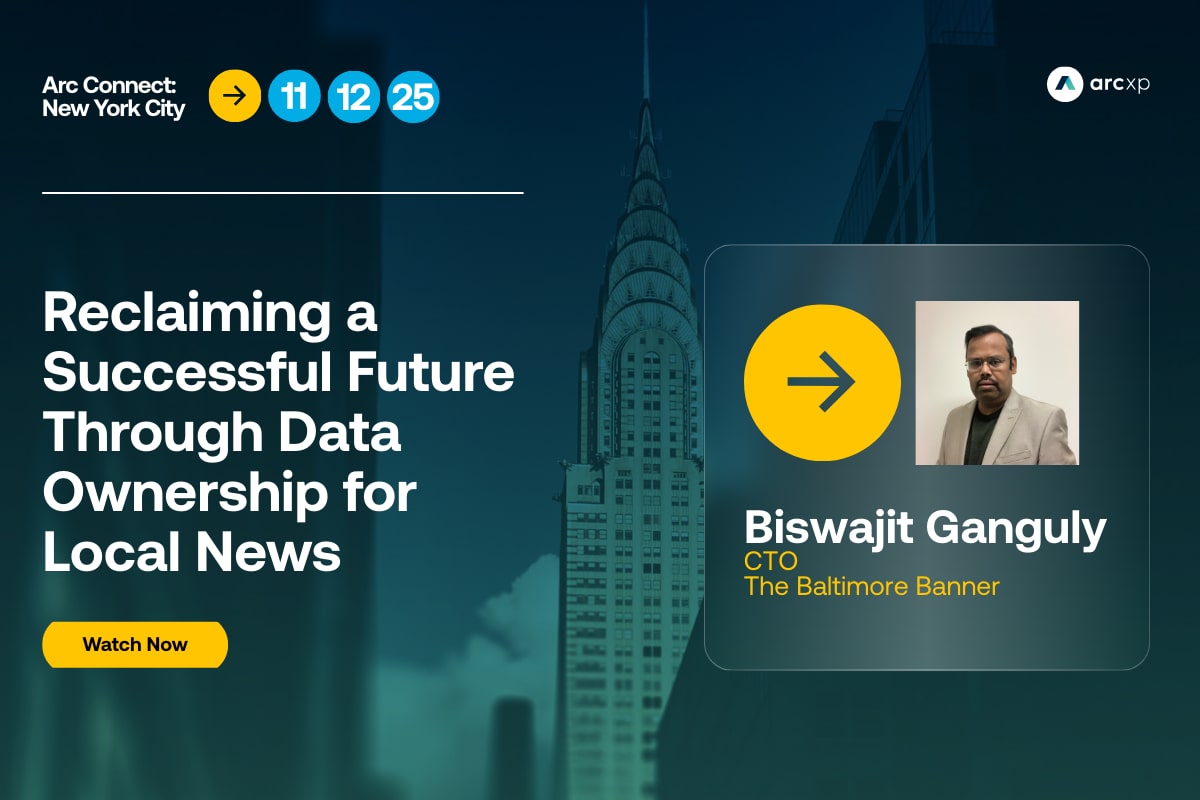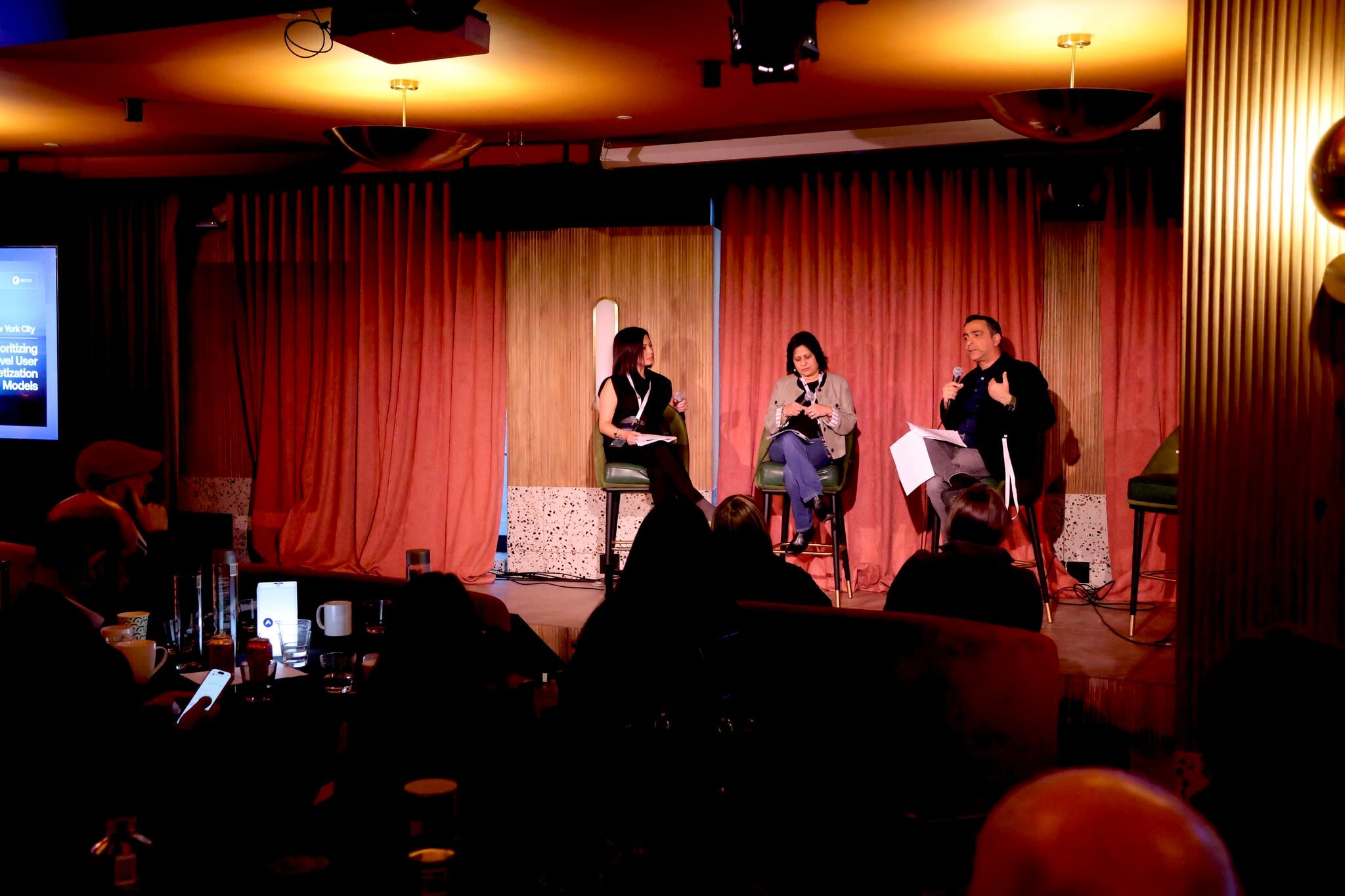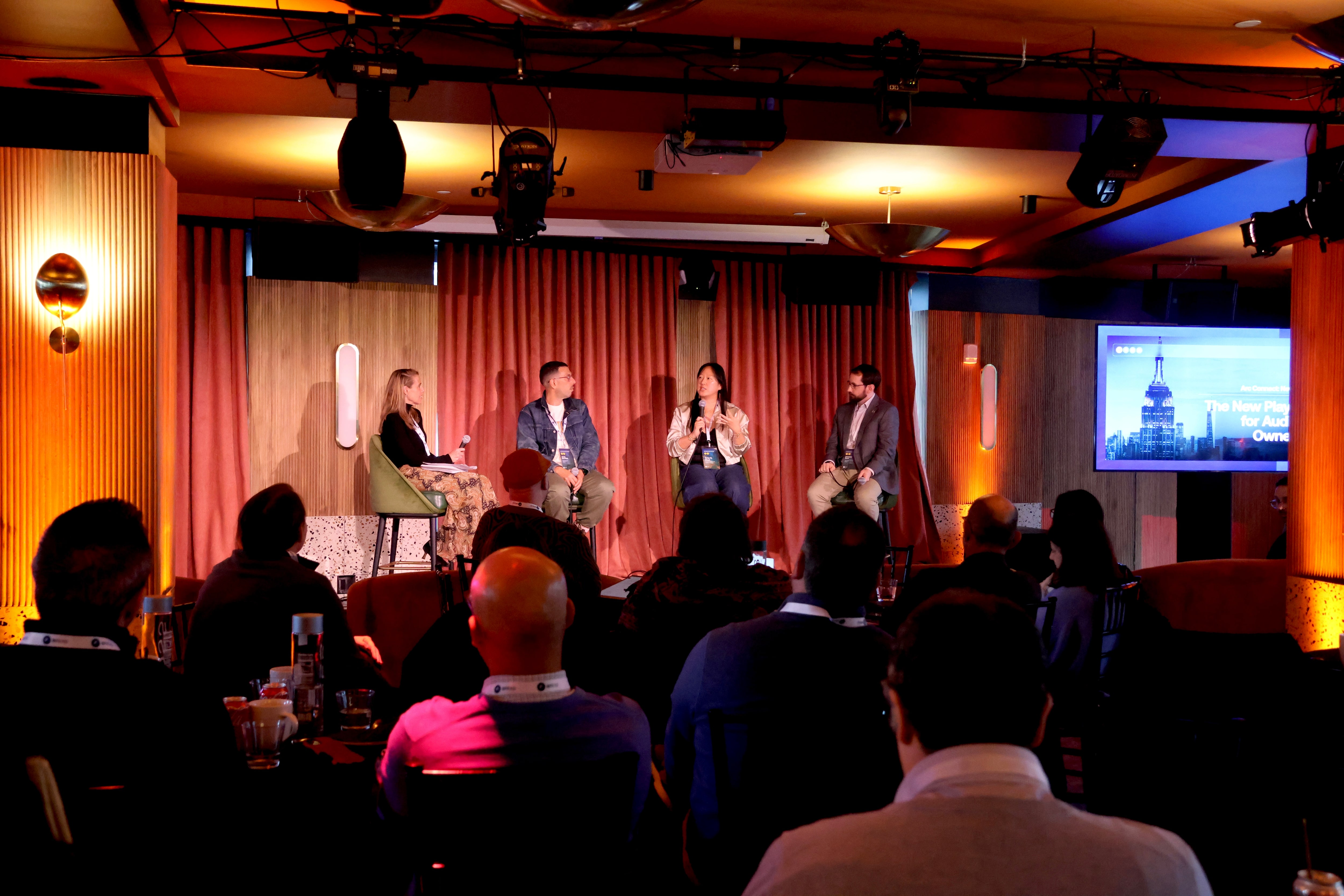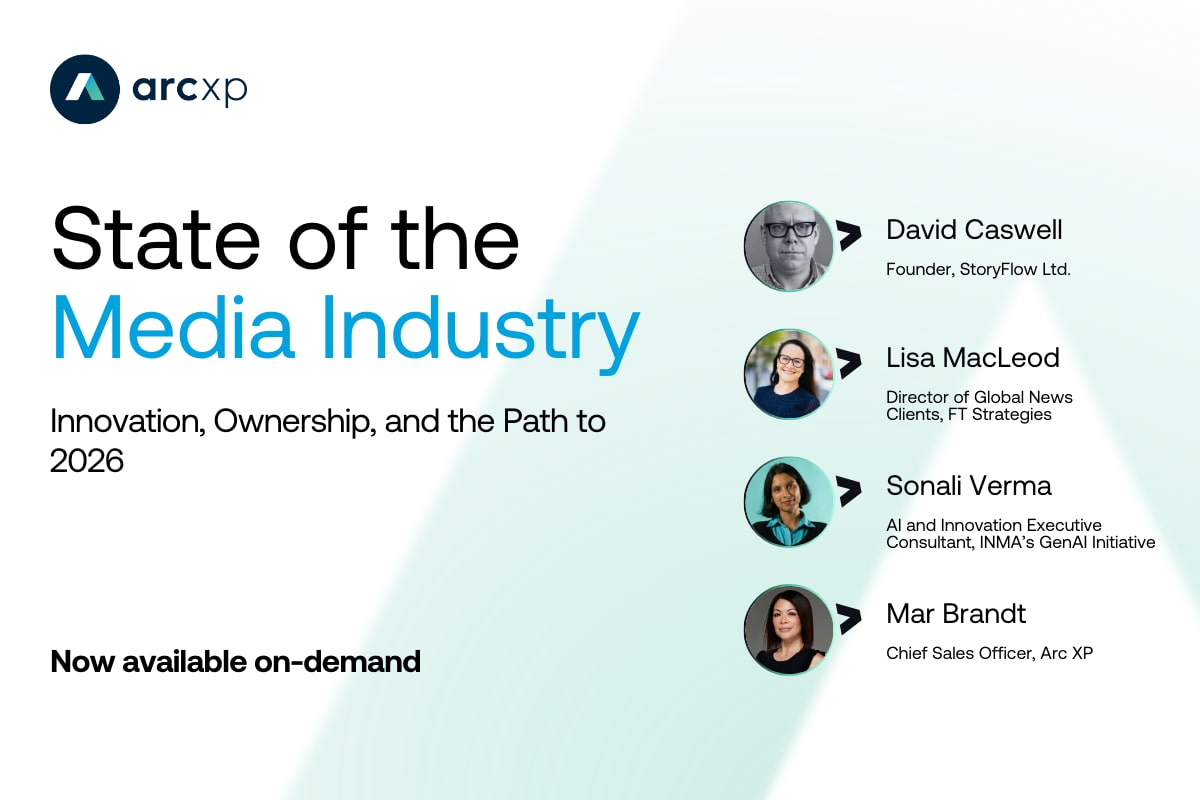What the Future of News Demands: Insights from the INMA World Congress 2025
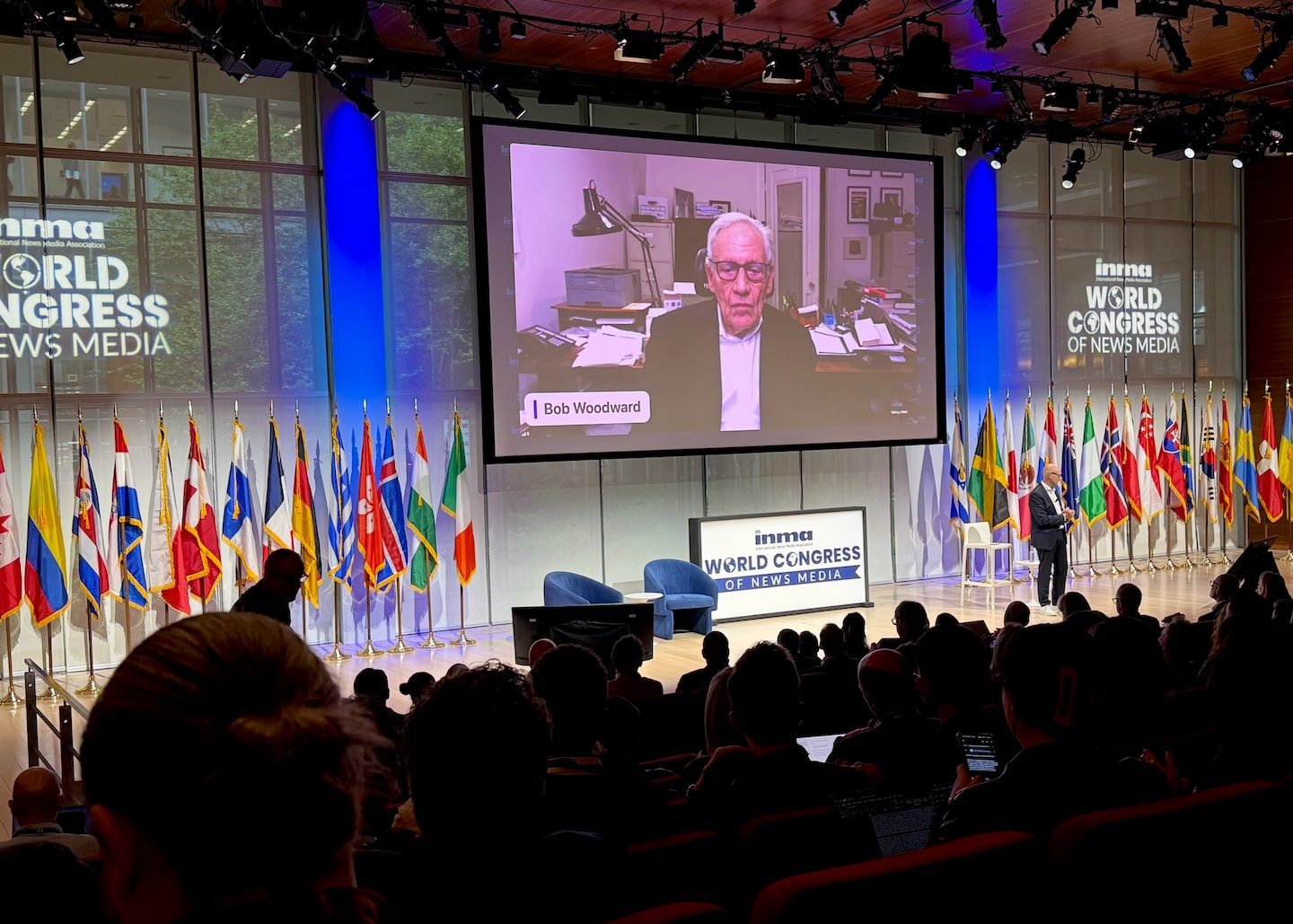
The INMA World Congress 2025 opened with a powerful call to action: survival isn’t good enough. In a world rocked by misinformation, platform shifts, political instability, and AI disruption, the message was clear—media organizations must move beyond adaptation. They need to transform.
A Purpose-Driven Future
Gert Ysebaert, President of INMA and CEO of Mediahuis, began the congress by reaffirming journalism’s foundational purpose. In an era of polarization and eroding trust in institutions, he urged the industry to embrace resilience, courage, and unwavering editorial values.
“The world needs independent journalism,” he said. “Let’s not compromise on core beliefs.”
Rather than hold onto the past, Ysebaert encouraged publishers to remain agile, prepare for multiple futures, and deepen cross-industry collaboration—especially to meet the evolving expectations of younger audiences.
From Digital Transformation to the Transformation of Digital
INMA CEO Earl Wilkinson reframed the industry’s mindset, arguing we’ve moved past “digital transformation” and into the transformation of digital itself. With traditional business models in decline, the focus must now shift to reinvention.
Wilkinson outlined five critical trends shaping this new era:
- From scale to relationships: Anonymous traffic is out; deep audience understanding and individual engagement are in.
- AI’s dual disruption: AI is reshaping workflows, personalization, and content creation—with both opportunities and risks.
- Data as a superpower: True value lies in activating data, not just collecting it.
- Buy, don’t build: Speed matters more than perfection. Agile teams should test, learn, and iterate quickly.
- Brand as a differentiator: In a sea of generative content, emotion, clarity, and trust set publishers apart.
The Trump Test—and Journalism’s Response
Wilkinson directly addressed one of the most disruptive forces in the global news landscape: Donald Trump.
“Trump has tested the guardrails of democracy,” he said, turning journalism into a stress test.
This disruption accelerated investigative journalism, newsroom innovation, and a collective reevaluation of journalism’s democratic role.
“We hold truth to power. We inform the public. We preserve democracy. And we adapt.”
AI Isn’t the Future—It’s the Present
Session Highlight: Almar Latour, CEO of Dow Jones & Publisher of The Wall Street Journal
Latour delivered a clear message: know who you are and what you stand for. As AI begins to replace traditional search as a primary driver of engagement, publishers must evolve quickly or risk irrelevance.
“Search is like casting a fishing net,” he said. “AI is spear fishing—targeted, detailed, personal.” In this new landscape, success depends not on reach, but on relevance.
When asked about traffic, Latour didn’t mince words: “If you’re talking about traffic, you’re already losing.” For him, the future lies in cultivating direct, personal relationships with users—not chasing pageviews. It’s about understanding your audience, earning their trust, and delivering value that feels tailored, not mass-produced.
Dow Jones is actively experimenting with AI across departments and has formed a cross-functional AI committee to guide its adoption. But despite the tech-forward vision, Latour underscored the continued importance of human connection—down to regular check-ins with interns.
The takeaway: AI may be transforming the tools, but the mission remains rooted in brand identity, trust, and relationships.
Bold Leadership and Reinvention: The Global CEO Panel
Three global CEOs shared how they are driving real change inside their organizations:
- Dr. Rainer Esser, CEO of Die Zeit: Attributed the outlet’s 320% revenue growth to a culture of listening, innovation, talent investment, and learning from failure. His mantra: “Nothing is impossible.”
- Katharina Link, CEO of Pulse Africa: Stressed being social-first and AI-forward to reach younger audiences, with bold experimentation on platforms like TikTok and through digital avatars—all while retaining editorial integrity.
- Jessica Peppel-Schulz, CEO of Tamedia: Focused on internal transformation, with people and communication at the core. “The old party is over,” she said, “but everyone’s invited to the new one.”
The takeaway: real transformation is powered by bold experimentation, people-first leadership, and organizational clarity. For more insights, read our full breakdown of the session.
Next Gen Now – Rethinking Audiences, Talent & Leadership
Rising professionals—Anna-Katharina Kölbl of Funke Medien, Maria Sakki of the Financial Times, and Mitchell Gaylord of The Washington Post—challenged the notion that Gen Z is disengaged.
“They’re not uninterested—they just play by different rules.”
To connect with the most digitally native generation, media must:
- Build communities, not just audiences
- Prioritize people-driven brands over institutional ones
- Treat social media as a product, not just a distribution channel
Gen Z expects engaging digital experiences, and if news apps aren’t part of their daily screen time, the issue isn’t tech—it’s relevance.
Rewriting the Playbook for American Local News
Local news leaders issued a stark wake-up call.
Tony Hunter, CEO of McClatchy, described how hyper-personalized social feeds are outpacing local news experiences.
“We’ve been lapped,” he said, citing his own routine of turning to Instagram for personalized content before checking a news app. The tools to catch up exist—but bold, speedy action is required.
Andrew Morse, President of the Atlanta Journal-Constitution, emphasized that neutrality is no longer viable.
“Be ruthlessly devoted to the truth,” he urged, adding that original, distinctive reporting is more critical than appeasing every audience segment.
Gannett CEO Michael Reed echoed the importance of local storytelling and acknowledged the cost of delayed digital adoption.
The message was unified: legacy strategies won’t save local news. A faster, more courageous approach—grounded in technology and mission—is the only way forward.
Bob Woodward on Journalism, Power, and the Future of American Politics
Closing the day, legendary American investigative journalist for The Washington Post, Bob Woodward, delivered a masterclass in the stakes of journalism during political crisis. Reflecting on his decades covering the Vietnam War, Watergate, and Donald Trump, Woodward called journalism’s current moment its most urgent test yet.
He spoke passionately about the privilege of bearing witness and the responsibility to pursue truth, even under threat.
Quoting Nixon—“The press is the enemy”—he warned how that sentiment has evolved and intensified under modern political rhetoric.
When asked how journalists should navigate a time when truth alone doesn’t build trust, he answered simply:
“Stick to the truth. Cross-check everything. Don’t let the noise drown out what matters.”
Recent resources
